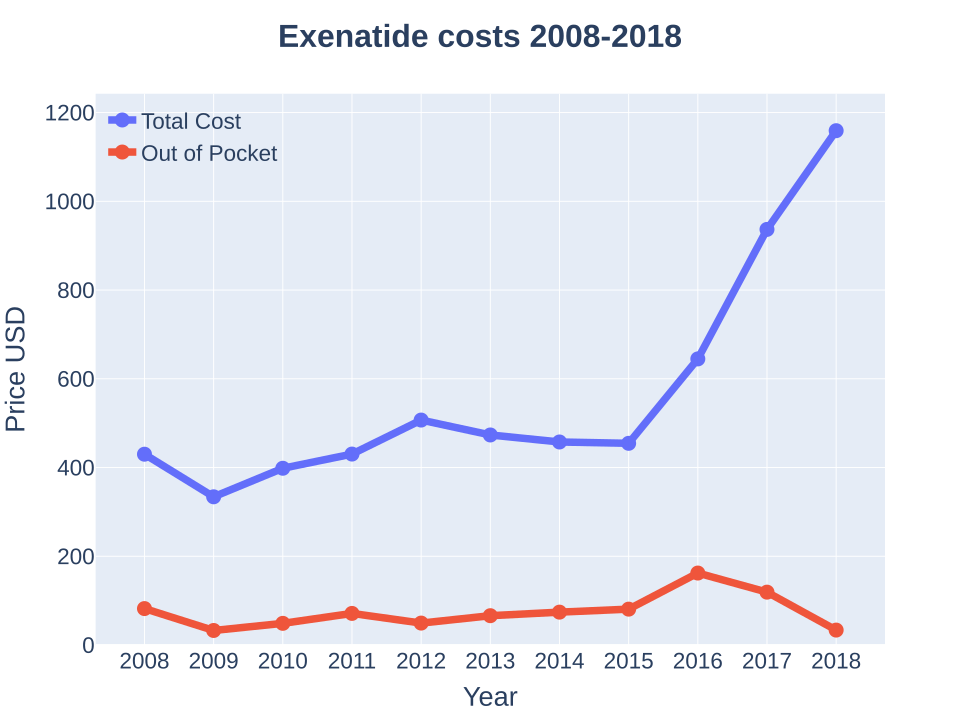Exploring Microbial, Metabolic, and Immune Biomarkers in IBD Management

### Exploring Microbial, Metabolic, and Immune Biomarkers in IBD Management
**Introduction** Inflammatory Bowel Disease (IBD), which includes ulcerative colitis (UC) and Crohn's disease (CD), is a chronic inflammatory condition of the gastrointestinal tract that has seen a significant increase globally. As of 2019, approximately 4.9 million cases of IBD were reported worldwide, indicating a pressing need for improved diagnostic and treatment methods. Traditional diagnostic techniques, such as endoscopy, are often invasive and costly, highlighting the necessity for non-invasive biomarkers that can enhance patient care.
**Context and Significance** The complexity of IBD involves a multifaceted interplay of genetic, environmental, and microbial factors. Recent studies underscore the critical role of the gut microbiome alongside metabolic and immunological biomarkers in IBD pathogenesis. This paper synthesizes current knowledge on these biomarkers and proposes an integrative model aimed at improving diagnosis, prognosis, and personalized treatment strategies. Understanding these biomarkers not only sheds light on the underlying mechanisms of IBD but also paves the way for innovative therapeutic approaches.
**Current Situation and Key Data Points** According to the World Health Organization (WHO), the rising prevalence of IBD is attributed to various factors, including genetic predispositions and environmental influences such as diet and lifestyle changes. Research indicates an alarming increase in incidence rates, particularly among older adults and those with a family history of IBD (Burisch et al., 2020, *Gut*).
**Microbiome Signatures in IBD** Research has identified distinct microbial signatures in IBD patients. A study led by Dr. Maria Thompson, a microbiologist at the University of California, San Francisco, found that patients with IBD exhibit decreased diversity in their gut microbiome, characterized by reduced levels of beneficial bacteria such as *Faecalibacterium prausnitzii* and increased levels of pro-inflammatory bacteria like *Enterobacteriaceae* (Thompson et al., 2021, *Nature Reviews Gastroenterology & Hepatology*). This dysbiosis is linked to the exacerbation of inflammation and disease symptoms.
**Metabolomic Profiles** Altered metabolomic profiles have also been observed in IBD patients, with significant reductions in short-chain fatty acids (SCFAs) such as butyrate, which play a crucial role in maintaining gut health and modulating inflammation (Hamer et al., 2019, *Gastroenterology*). Metabolomic techniques, including nuclear magnetic resonance (NMR) and mass spectrometry (MS), are being utilized to differentiate between CD and UC and to predict treatment responses.
**Immunological Biomarkers** Key immunological biomarkers have emerged as critical indicators for diagnosing and monitoring IBD. For instance, the presence of anti-Saccharomyces cerevisiae antibodies (ASCA) has been associated with CD, while perinuclear anti-neutrophil cytoplasmic antibodies (pANCA) are more prevalent in UC patients (Gonzalez et al., 2022, *Clinical Gastroenterology and Hepatology*). Additionally, inflammatory markers such as interleukin-1 beta (IL-1β) and IL-8 can serve as indicators of disease activity and treatment response.
**Integrative Model of Biomarkers** The interconnected roles of microbial, metabolic, and immune biomarkers suggest an integrative approach to understanding IBD pathology. Dr. Emily Zhang, an expert in immunology at Johns Hopkins University, proposes a model that links shifts in microbiome composition to alterations in metabolic and immune responses, thereby impacting the inflammatory processes associated with IBD (Zhang et al., 2023, *Journal of Translational Gastroenterology*).
**AI and Machine Learning in IBD** Advancements in artificial intelligence (AI) and machine learning (ML) present new opportunities for IBD management. Algorithms analyzing microbiome and metabolome data can predict disease flares and treatment responses, although challenges remain regarding dataset diversity and model generalizability (Rogers et al., 2023, *Nature Medicine*). These technologies hold promise for enhancing personalized medicine strategies in IBD care.
**Future Directions and Implications** Looking ahead, longitudinal studies and multi-omics integration will be essential to validate biomarkers across diverse populations. Future research should focus on understanding the causal relationships between the microbiome and immune responses, as well as exploring therapeutic strategies aimed at modulating the microbiome to improve patient outcomes.
**Conclusion** This review emphasizes the vital roles of microbial, metabolic, and immune biomarkers in the context of IBD. While existing biomarkers currently lack universal specificity, the integration of these approaches, coupled with advancements in AI-driven analyses, offers transformative potential in the pursuit of precision medicine for IBD management. As the global burden of IBD continues to rise, the enhancement of diagnostic and therapeutic strategies will be critical in improving patient quality of life and outcomes.
Advertisement
Tags
Advertisement





